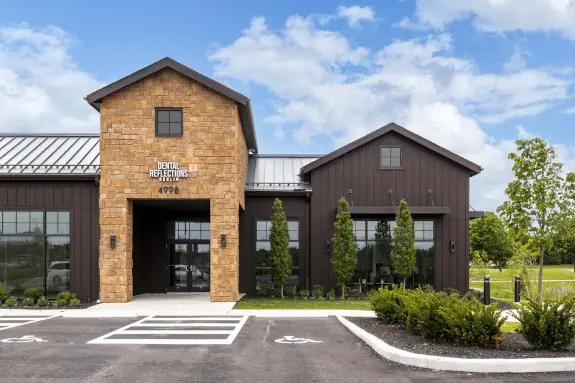Dental Assistant vs. Dental Hygienist: Understanding the Difference
The general public, including dental patients, typically do not quite understand the difference between a dental assistant vs. a dental hygienist. Sometimes we are all referred to as “dental technicians,” “nurses,” or “those girls.” Here at Dental Reflections Dublin, we feel it is important for our patients to know what roles we play and to understand the key differences between the two.
Dental Assistant
A dental assistant is like the dentists “right-hand man” or woman for that matter. Programs or schooling for dental assisting is typically offered either at a vocational school- which you take part in during high school, or a career/technical program. A dental assistant can take x-rays, update a patient’s health history, obtain vitals, take dental impressions, do dental charting, place topical anesthetic, assist during dental procedures such as crowns, fillings, bridges, implants, extractions and more. They are multi-talented and fast workers. It is entirely optional for a dental assistant whether or not they become state board certified. If they choose to do so, they can advance in the profession and become licensed in additional areas of dentistry to be able to do more independently chairside. A dental assistant is a crucial aspect to a dental practice and is needed to make sure operations flow smoothly and seamlessly.
Dental Hygienist
A dental hygienist must obtain a minimum of a 2-year degree from college, and pass all three parts of their state board exam to practice (work). A dental hygienist can also take x-rays, dental impressions, update health history, obtain vitals, dental charting, and place topically. What they don’t do is assist the dentist. What they do in addition to a dental assistant is professional dental cleanings, administer nitrous oxide, injections to numb patients (separate board exam), in-depth patient education, and nutritional counseling. They basically have their own column of patients, and the doctor does the exam at the end of each appointment to check for cavities. So, they do work more independent.
Both are great professions and are unique in different ways. The ultimate goal is to make every patient experience phenomenal by building rapport, addressing any questions or concerns, and keeping them reflecting their best.

